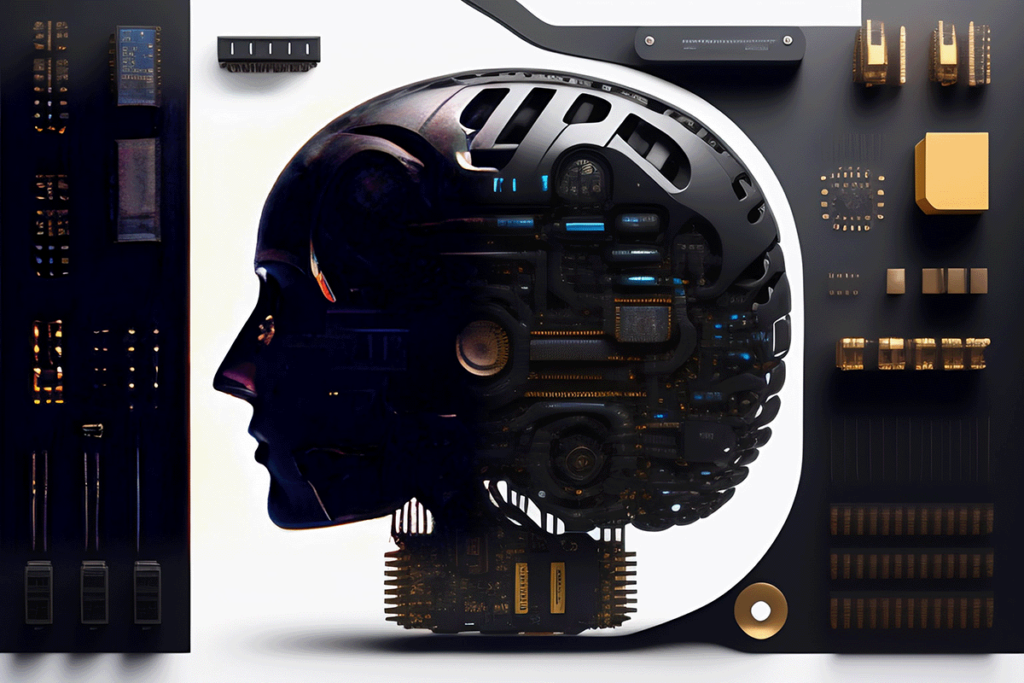Table of Contents
In our quest to understand the fascinating world of AI engineering in 2024, we delve deep into the intricacies of this evolving field, providing you with insights and knowledge that can help you embark on a successful career. This comprehensive guide will equip you with the necessary information and resources to excel in AI engineering. Let’s embark on this exciting journey!
The Foundations of AI Engineering
Understanding Artificial Intelligence
Artificial Intelligence, or AI, is a field of computer science that simulates human intelligence in machines. It encompasses various subfields, including machine learning, deep learning, and natural language processing. These subfields work in tandem to enable machines to learn from data, make decisions, and perform tasks autonomously.
The Evolution of AI
Over the past decade, AI has made substantial strides, with breakthroughs in machine learning and neural networks. As we approach 2024, AI continues to evolve, leading to innovative applications across industries such as healthcare, finance, and transportation.
Building a Strong Foundation
Educational Pathways
To begin your career in AI engineering, you need a strong educational foundation. Consider pursuing a degree in computer science, data science, or a related field. You can also opt for online courses and certifications, which offer flexibility and up-to-date knowledge.
Gaining Programming Skills
Programming is a fundamental skill for AI engineers. Languages like Python and R are commonly used for AI development. Mastering these languages will give you a competitive edge in the field.
Understanding Data and Algorithms
AI heavily relies on data and algorithms. You should be proficient in data preprocessing, feature engineering, and algorithm selection. A solid grasp of linear algebra and statistics is also essential.
Practical Application
Hands-On Projects
Engaging in practical projects is crucial for AI engineers. Start by working on small AI projects, such as image recognition or natural language processing. As you progress, you can tackle more complex projects, like autonomous vehicles or medical diagnosis systems.
Open Source Contributions
Contributing to open source AI projects not only enhances your skills but also showcases your expertise to potential employers. It’s an excellent way to build a strong portfolio.
The Importance of Ethical AI
Ethical Considerations
AI engineering comes with great power and responsibility. It’s imperative to prioritize ethical considerations in your work. Ensure fairness, transparency, and accountability in AI systems to prevent bias and discrimination.
Staying Informed
Stay updated on the latest developments in AI ethics. Join communities and discussions on responsible AI to understand the ethical challenges and solutions in the field.
Networking and Professional Growth
Building a Network
Networking is crucial in the AI community. Attend conferences, seminars, and webinars to meet professionals in the field. Online platforms like LinkedIn can also help you connect with experts.
Continuous Learning
AI is a dynamic field with ever-changing technologies. Commit to lifelong learning and stay current with the latest trends, tools, and frameworks.
The Road Ahead
As you embark on your journey into AI engineering in 2024, remember that the possibilities are limitless. The field offers immense opportunities for innovation and impact. By following the right path and keeping up with the latest developments, you can become a key player in shaping the future of AI.
Conclusion
In this ultimate guide to AI engineering, we’ve explored the foundations of AI, building a strong educational base, practical application, ethical considerations, networking, and continuous learning. Armed with this knowledge, you’re well-prepared to enter the world of AI engineering in 2024. The future is bright, and the world of AI awaits your expertise and creativity.
